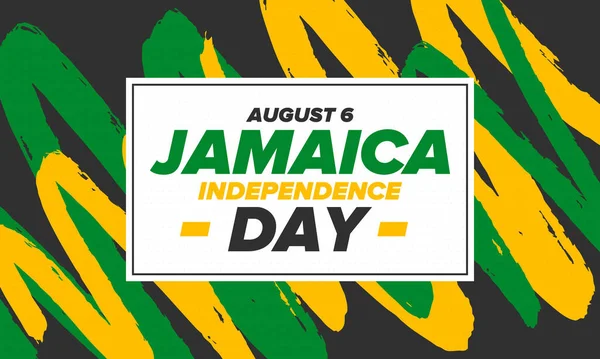August 6, Jamaica Celebrates Independence Day!
August 06,2022
Jamaica's colonial and independent history
The main island of Jamaica has been the residence of the Arawak Indians since the 5th century BC. The name of Jamaica is derived from the Arawak language "xaymaca", which means "land of water and trees".

Christopher Columbus landed in Jamaica on May 4, 1494, and declared it a Spanish territory.
In 1509, Spain proclaimed Jamaica as its colony and renamed it Santiago. Spain's slave policy towards the local indigenous people led to the extinction of the Arawak people on the island due to war, disease, and slavery. During the reign of a century and a half, the Spanish introduced sugar cane. To supplement the labor force, they began to buy black slaves from Africa in 1517 to plant on the island, which led to the black people becoming the main ethnic group in the region.
In 1538, the Spanish established the Spanish city as the capital of Jamaica.
Since the late 16th century, Jamaica has been attacked by pirates from France, England, the Netherlands, and other countries.
In May 1655, a British fleet led by Admiral William Penn and expedition General Robert Venables captured Jamaica. They immediately invited pirates to the port of the Loire, the largest port on the island, to help defend the Spanish against possible counterattacks. In 1657 and 1658, Spain launched several counter-attacks from Cuba, all of which failed. In 1670, according to the Madrid treaty, Spain officially ceded Jamaica and other places to Britain. Britain then turned Jamaica into a large sugarcane plantation.
In 1831, Samuel sharp led the black slaves to hold a Christmas uprising. Although the uprising failed within 10 days, it attracted widespread attention in Britain.
In 1834, Britain announced the abolition of slavery. In 1866, Jamaica became a British colony.
In 1872, Kingston officially became the capital of Jamaica.
In 1938, workers throughout Jamaica held an uprising. After that, the British colonial authorities were forced to grant some autonomy to the local people. In 1944, universal suffrage was held for the first time.
In 1958, Jamaica joined the Commonwealth of the West Indies. In 1959, it obtained internal autonomy. But in 1961, the voters rejected the alliance treaty, leading to Jamaica's withdrawal.
Finally, on August 6, 1962, Jamaica declared its independence. After independence, Jamaica announced its membership in the Commonwealth and is now a member of the Commonwealth.
Independence Day celebrations
On Jamaica's independence day, celebrations are held throughout the country, including a grand parade in Kingston, the capital. Participants wear national costumes representing all aspects of the country's cultural heritage.
Music and dance are an integral part of Jamaican life and therefore an integral part of the Independence Day celebrations. Some large-scale open-air celebration parties will have many Jamaican pop singers perform. There are food stalls around the open-air square, among which the local famous snack "jerk chicken" (also known as smoked roast chicken) is indispensable.